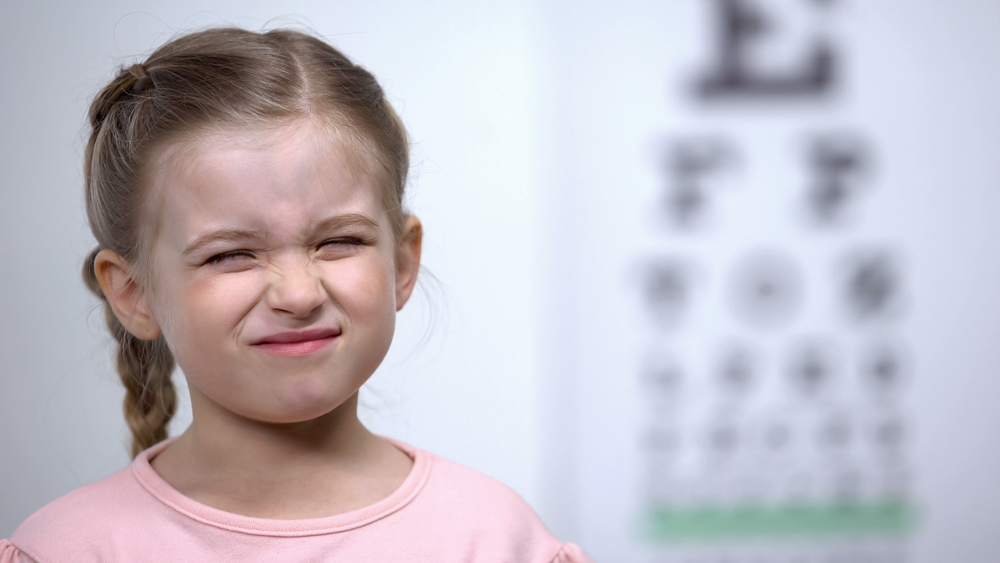
Clear vision plays a critical role in a child’s ability to learn, yet many children experience vision problems that go undetected. When these issues remain uncorrected, they can significantly affect reading, writing, and focus - skills essential for academic success.
Eye Conditions Children Can Experience
Several vision issues can impact learning, including:
Nearsightedness (Myopia): Makes distant objects appear blurry, making it hard for children to see the board in class.
Farsightedness (Hyperopia): Causes difficulty focusing on close-up work like reading or writing.
Astigmatism: Creates distorted or blurred vision at all distances, which can make both reading and handwriting more challenging.
Amblyopia (Lazy Eye): Affects how the brain processes visual information, often reducing focus and clarity in one eye.
Strabismus (Eye Turn): Misaligned eyes can impact depth perception and cause eye strain.
Without early detection and treatment, these conditions can make academic activities more difficult.
The Impact on Learning and Academic Performance
Uncorrected vision problems can affect a child’s academic performance in many ways. Blurry words, skipping lines, or losing their place while reading can slow their speed and comprehension, making it harder to keep up with classwork.
Struggling to see clearly can also interfere with fine motor control, which may lead to messy or uneven handwriting. Eye strain and headaches can reduce focus, causing children to avoid schoolwork, lose concentration, or even act out in class.
When vision problems aren’t addressed, children may also experience lower academic confidence. Frustration and discouragement can set in, impacting their motivation to learn. These challenges can persist even if a child appears to have “good vision” during basic school screenings, as those tests do not detect all vision-related learning problems.
Early Detection Is Key
A comprehensive pediatric eye exam goes beyond basic vision screening. It checks not only how clearly your child can see, but also how their eyes work together, track movement, and focus. Early detection is essential - when vision problems are caught early, treatment is often easier and more effective.
The right treatment (whether glasses or contact lenses) can make a world of difference. Clear vision allows children to fully engage in reading, writing, and class activities, boosting both academic performance and confidence.
Set Your Child Up for Academic Success
Vision is one of the most important tools a child has for learning. If left uncorrected, even minor vision problems can create long-term challenges in reading, writing, and concentration. With regular pediatric eye exams, parents can ensure their children have the visual skills they need to succeed in school and beyond.
Schedule a comprehensive pediatric eye exam at Grand Ridge Eye Clinic and set them up for a successful school year. Visit our office in Kennewick, Washington, or call (509) 736-0710 to book an appointment today.








